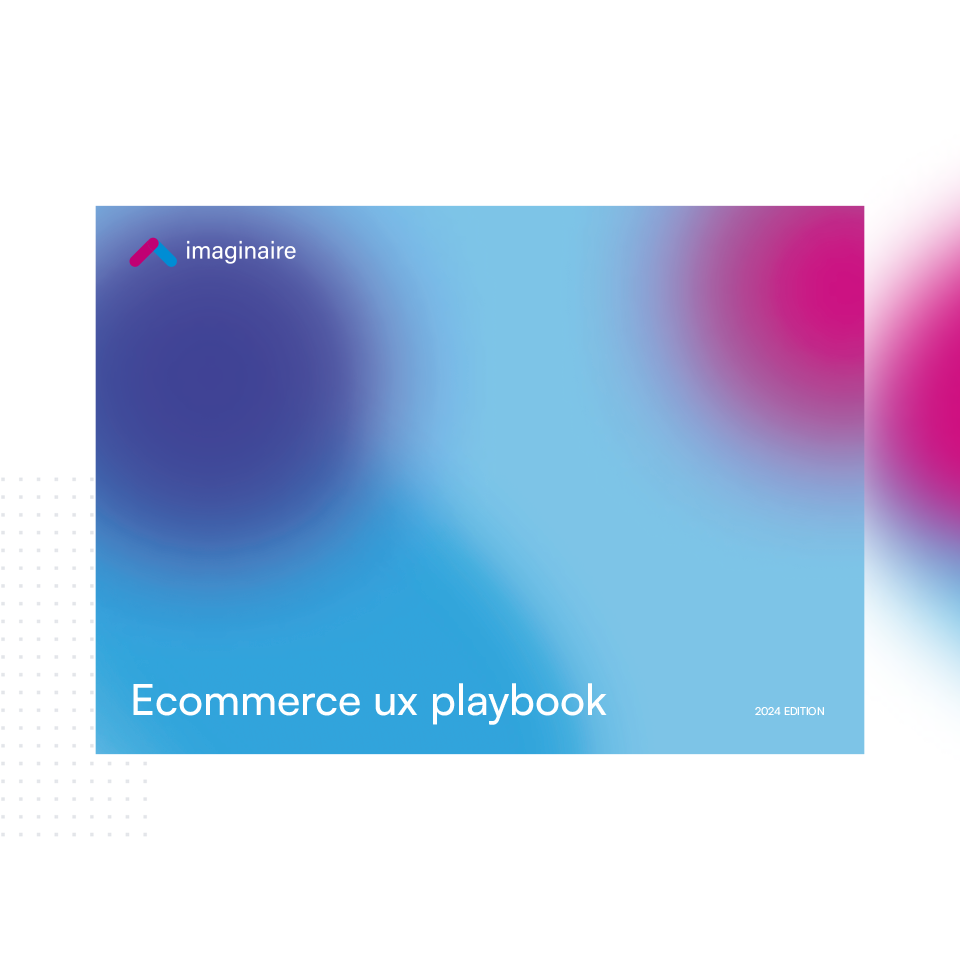While many ecommerce businesses focus on pricing, promotions, and product listings, one of the most powerful drivers of long-term growth is often overlooked: brand equity.
Let’s unpack what brand equity means, why it’s so important in the digital space, and how you can build it to drive sustainable success for your e-commerce brand.
What is brand equity?
Brand equity is the value a brand holds in the minds of consumers. It’s built over time through consistent messaging, positive experiences, and emotional connections, often delivered through. marketing, customer service and high-quality servicing. Strong brand equity means that customers are more likely to choose your products over competitors’, even if the price is higher or the competition is offering a similar product.
For ecommerce businesses, brand equity goes beyond just a memorable logo or catchy slogan, it encompasses the entire customer journey: from discovering your site, to making a purchase, to post-purchase support and feedback. Every touchpoint contributes to how customers perceive and trust your brand.
Why brand equity matters in ecommerce
The ecommerce landscape is fiercely competitive, meaning shoppers have endless choices at their fingertips and can compare prices and reviews in seconds. In this environment, brand equity acts as a moat that protects your business from competitors who may try to win customers over with discounts or flashy marketing, as once you have a strong presence in your market, this is hard to compete with.
So how can brand equity help your business?
1. Drives customer loyalty
A strong brand builds trust and fosters loyalty. When customers feel emotionally connected to a brand, they’re more likely to return and make repeat purchases. According to a 2023 study by Brand Finance, brands with higher equity enjoy up to 25% more repeat business than those with weaker branding.
2. Allows premium pricing
With strong brand equity, customers are willing to pay more for your products as they know they are reliable and of high quality. Apple is a classic example: its products often command a premium because consumers trust the quality and brand promise. For ecommerce brands, this means you’re less vulnerable to price comparisons and can maintain healthier profit margins.
3. Increases conversion rates
Research from Nielsen shows that consumers are 59% more likely to buy new products from brands they already know (Nielsen, 2022). In ecommerce, where decision-making is often quick and convenience-driven, brand trust can make the difference between a sale and an abandoned cart, especially if they are buying items on the go or with a sense of urgency.
How to build brand equity in ecommerce
Building brand equity doesn’t happen overnight and is a long-term investment that requires consistency and authenticity from your whole team. Here are some key strategies to develop your brand’s equity in the digital space:
Develop a unique value proposition
Clearly articulate what makes your brand different. This could be your product quality, customer service, sustainability credentials, or community involvement. A distinct value proposition helps consumers remember and prefer your brand, especially if it has something specific which your competitors do not have.
Prioritise customer experience
From easy navigation to responsive customer support, every interaction shapes how customers perceive your brand. Fast-loading pages, smooth checkout processes, and reliable delivery build trust and confidence.
Invest in consistent branding
Consistency is key to building brand recognition, so using simple things such as the same tone of voice, visual identity, and messaging across all channels—from your website to social media and email marketing can contribute to a solid brand.
Leverage user-generated content and reviews
Customer reviews, testimonials, and user-generated content are powerful tools to boost credibility, as they show potential customers that real people love and trust your brand, which enhances your equity.
Engage with your community
Building a community around your brand fosters deeper connections. Social media, email newsletters, and loyalty programmes can create a sense of belonging and increase advocacy amongst your customers. This can be especially highlighted in e-commerce as the people purchasing specific items might have a lot in common, such as hobbies, sports or style.
Measuring brand equity in ecommerce
Measuring brand equity isn’t as straightforward as tracking conversions or ad spend, but it’s crucial for understanding your brand’s health. You can measure brand equity through:
- Brand awareness: Monitor search volumes for your brand name and analyse how often customers mention your brand online.
- Customer loyalty and retention rates: Repeat purchase rates and customer lifetime value can indicate the strength of your brand equity.
- Net Promoter Score (NPS): This measures customer satisfaction and their likelihood to recommend your brand to others.
- Social media sentiment: Monitor mentions and comments on social platforms to gauge how people feel about your brand.
